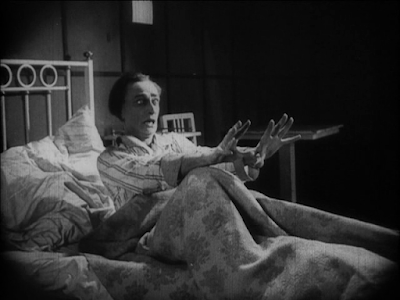Film:
L’Inferno (
Dante’s Inferno)
Format: Internet video on Fire!
If you’ve never read The Divine Comedy, I recommend it. It’s pretty accessible for 14th Century literature, and a good translation makes for a really fun read. Well, at least for two-thirds of it. In the Ancient Greek tradition, a “comedy” is a story that starts with the characters at a low point and ends with them at a high point. Since this story begins in Hell and ends in Heaven, it is the ultimate comedy in that Greek sense. In Inferno, Dante witnesses the tortures of the damned. In the second book, Purgatorio, he sees the punishments inflicted on those who might still someday be purified to reach Heaven. In the final book, Paradisio, Dante sees Heaven. Bluntly, in Dante’s vision, Heaven is boring. That’s why the 1911 film adaptation focuses much more on Limbo, Hell, and Purgatory. The version I watched featured a prog-rock soundtrack that would have felt very much at home with Peter Gabriel in the cast and Tony Banks on the keyboards.
The film follows the trials of Dante’s Inferno pretty well, although it does leave out some specific areas of the various levels of Hell. The poet (Salvatore Papa) is denied entry to Paradise by being blocked by a trio of demons—Greed, Pride, and Lust. His idealized woman, Beatrice (Emilise Beretta, I think—the film isn’t clear), descends from Heaven and invokes the poet Virgil (Arturo Pirovano) to guide the poet through Hell.

















































